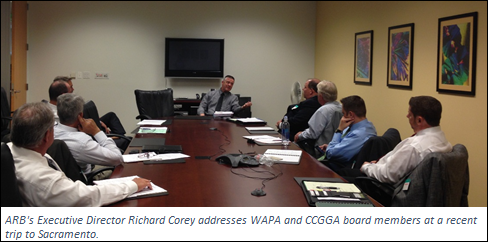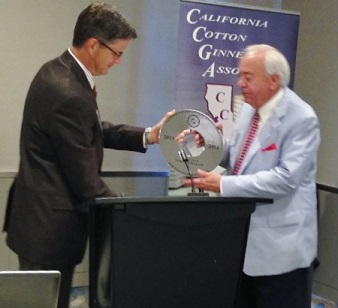The drought has been tough on valley farms but it has been especially tough on valley families. You can help! On July 15th, 2014 from 6 a.m. to 7 p.m. the Community Food Bank will try to make history with the largest food drive to directly help those most affected by the drought. The Food Bank is requesting numerous food items and personal hygiene items which are listed on the flyer attached.
Four locations have been chosen for dropping off donations:
- Fig Garden Village parking lot
- Manchester Center parking lot
- River Park parking lot
- Sierra Vista Mall parking lot
In addition to food donations, financial resources are also needed. Differing levels of sponsorship are available on the attached flyer. All checks can be made payable to: The Community Food Bank. Online donations are also welcome and can be found at www.communityfoodbank.net/howtohelp.aspx or over the phone at 559.237.3663.
We hope you can take this opportunity to help those who rely on agriculture for their livelihood.





